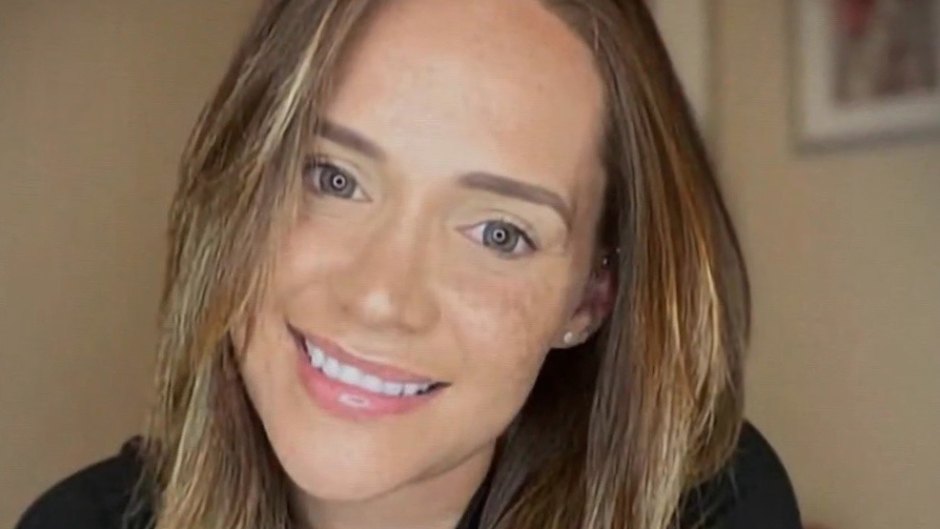
Maria Munoz’s Journals Helped Her ‘Testify’ From Beyond the Grave in Husband Joel Pellot’s Murder Trial
Their marriage was in pieces. Joel Pellot had been cheating on his wife of a decade, Maria Muñoz, for almost two years. Maria wanted to keep their family together — they shared two young sons ages 5 and nearly 2 — but by September 2020, Joel was living with his mistress and Maria had decided she wanted to hire a divorce attorney. After months of ups and downs and a recent emotional confrontation, Joel sent Maria an email, telling her, “I want to sit down with you to talk, without arguing. [Have] a heart to heart.”
Instead, he killed her. In the early morning hours of September 22, 2020, Joel — a registered nurse anesthetist — called 911 from their marital home in Laredo, Texas, to report that Maria was unresponsive. As he and a police officer unsuccessfully performed CPR, Joel, 45, told authorities he suspected the stay-at-home mom had taken too many clonazepam pills, a sedative, because “she’s been pretty depressed lately,” body-camera footage showed. But his story wasn’t adding up, and soon Joel was charged with murder and tampering with evidence.
In March 2023, he was convicted and sentenced to life in prison thanks to toxicology tests, a mistress who turned on him and a unique piece of evidence: Maria’s daily journals, which allowed her to essentially testify from beyond the grave, proving she wasn’t suicidal. Maria’s writings indicated “she was going through a tough time,” said prosecutor Cristal Calderon, “but that she loved her kids and couldn’t wait to do more in the future with them.”
Piecing It Together
Joel’s behavior the night of Maria’s death was troubling. He was sweating profusely. He took a pill bottle from a cabinet to show police, then slipped it into his pocket as if he had something to “hide,” said the responding officer. Cops found a syringe wrapper on the floor, a needle catheter on the stairs, plus syringes and IV equipment in a medical bag inside the home. There was also an unexplained puncture wound in Maria’s right elbow crease. After an autopsy determined she’d died from a mixed drug intoxication, one of Joel’s former bosses, anesthesiologist Dr. John Huntsinger, called the lead detective, advising investigators to order a detailed toxicology screening.
Those results delivered a bombshell: Clonazepam wasn’t even in Maria’s system — but seven other drugs, most typically used during surgery, were: morphine, Demerol, Versed, ketamine, lidocaine, Narcan and Propofol, the latter of which can only be administered via iniection and is only available in hospitals. Investigators theorize Joel hid some of the drugs in a drink to make Maria pass out before injecting her with a deadly dose of Propofol. “I believe he waited until she was dead to call 911 to make sure that no one can bring her back,” lead prosecutor Ana Karen Garza Gutierrez said.
Authorities convinced Joel’s mistress, surgical nurse Janet Arredondo, to testify against him. She revealed he admitted to her that he gave Maria something “to calm her down” and confirmed he’d brought drugs, including Propofol, home from work. The jury took less than an hour to return a verdict.
Though they secured a conviction, prosecutors remain devastated for Maria, whom they feel they got to know through her journals. “She was in a depression, but she came out of it,” said coprosecutor Marisela Jacaman. “She had her friends, she had God…she was looking forward to the future.”
Have a tip? Send it to us! Email In Touch at contact@intouchweekly.com.







































